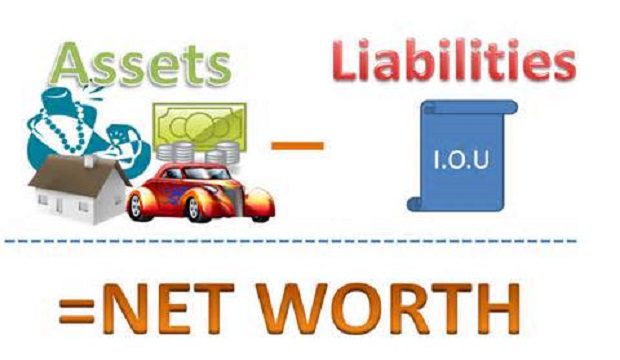Learn how to calculate your worth – and why it matters. The term “net worth,” put simply, is the total value of your assets after you remove any liabilities. Maybe you associate net worth with the economic standing of famous Hollywood actors, high-profile politicians and successful business leaders.
1. What Is Net Worth?
The term “net worth,” put simply, is the total value of your assets after you remove any liabilities. Rather than measuring your salary or what is in your bank account, net worth is the sum total of your savings, the equity in your home and essentially every substantial asset you have after you subtract all of your debt, from credit card balances to student loans to mortgages.
2. Does Net Worth Matter?
Think of it this way: It’s hard to map out your financial future, and forge plans that may involve spending a lot of money, such as buying an Italian villa when you’re retired or sending your kids to college, if you don’t know how much money you really have.
3. How Do You Calculate Your Net Worth?
“Calculating your net worth is fairly easy and straightforward,” Shields says. “You can simply begin by labeling a sheet of paper with the left side titled ‘assets’ and the right side titled ‘liabilities.” The final step in calculating your net worth is to subtract your liabilities from your assets. If your number is a positive number, that’s a good sign.
4. How Does Your Net Worth Compare To Others?
According to the Federal Reserve’s 2016 Survey of Consumer Finances, the average U.S. household net worth was $692,100. If that seems high to you, that’s because the numbers have shot up due to extremely wealthy households. The median U.S. household’s net worth is approximately $97,300.
5. How Can You Change Your Net Worth?
“The fastest way to increase net worth is to increase your savings rate and use the excess savings to either pay down high interest debt, or investing – if you do not have high interest rate debt to pay down.

